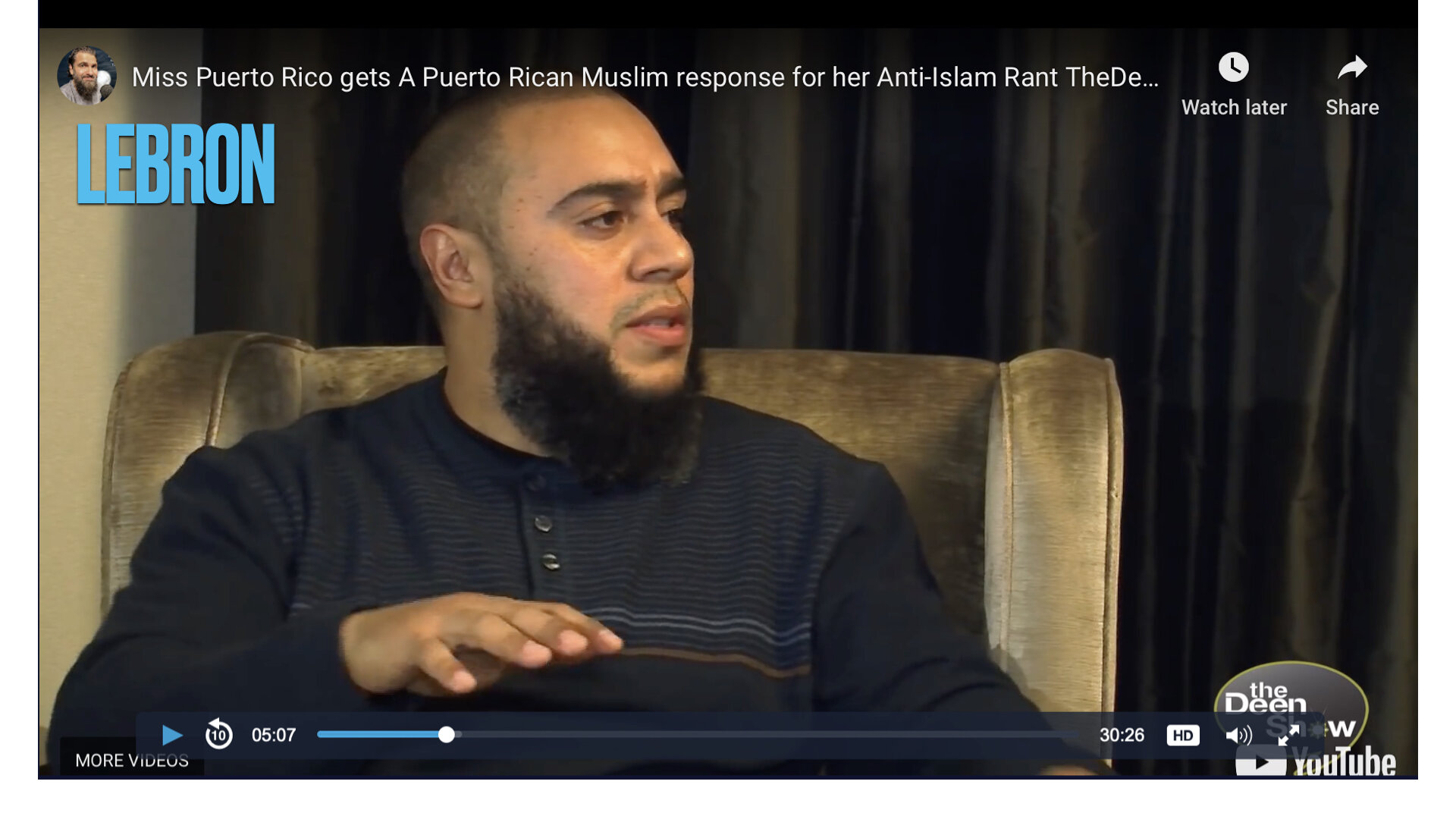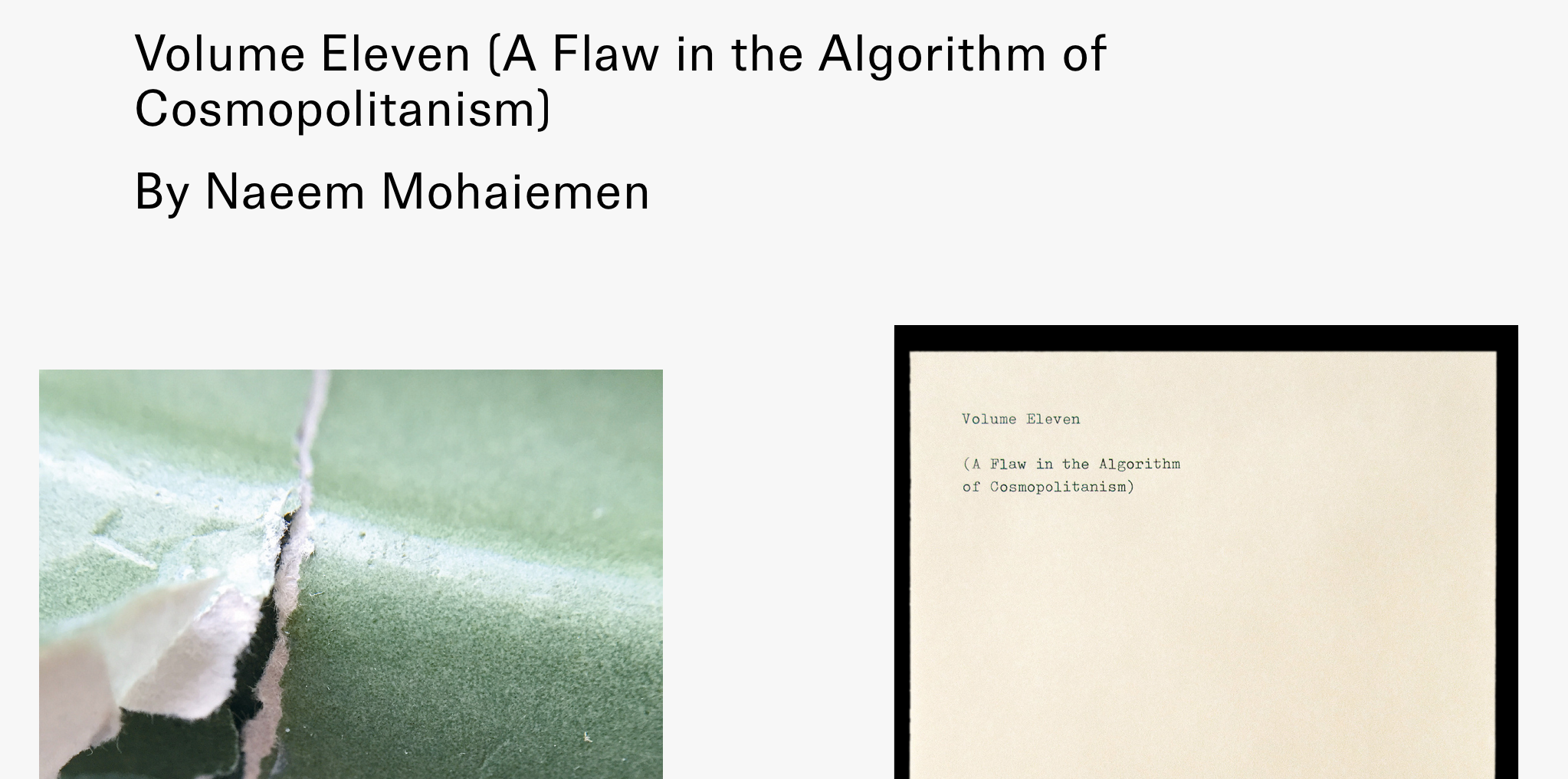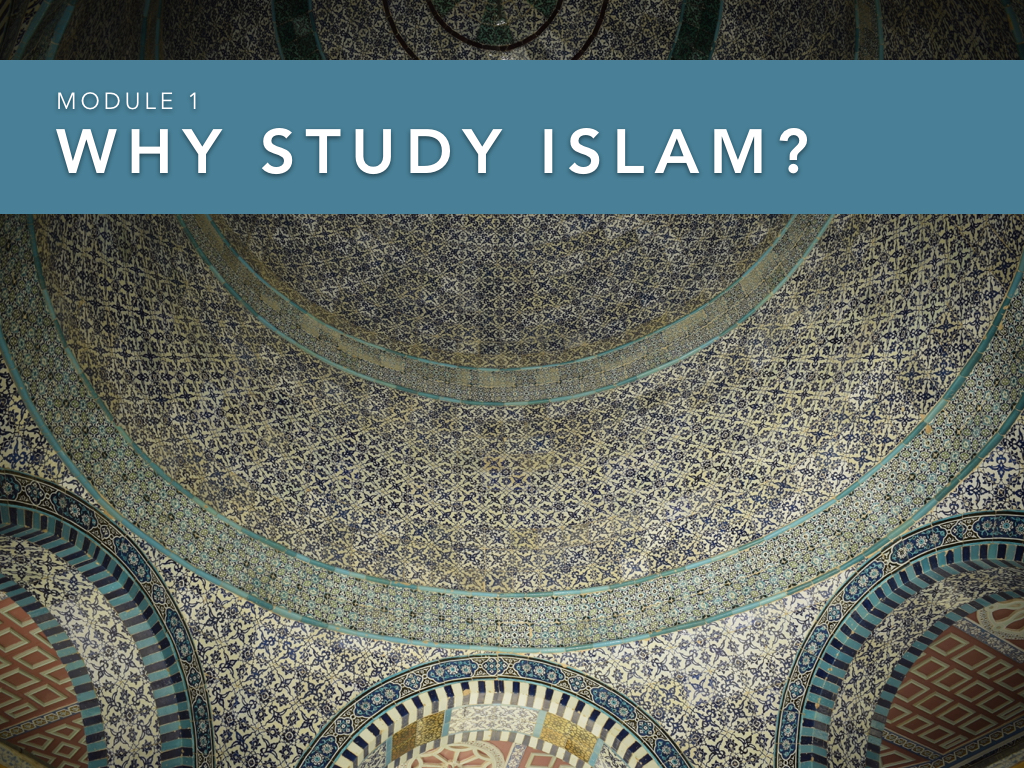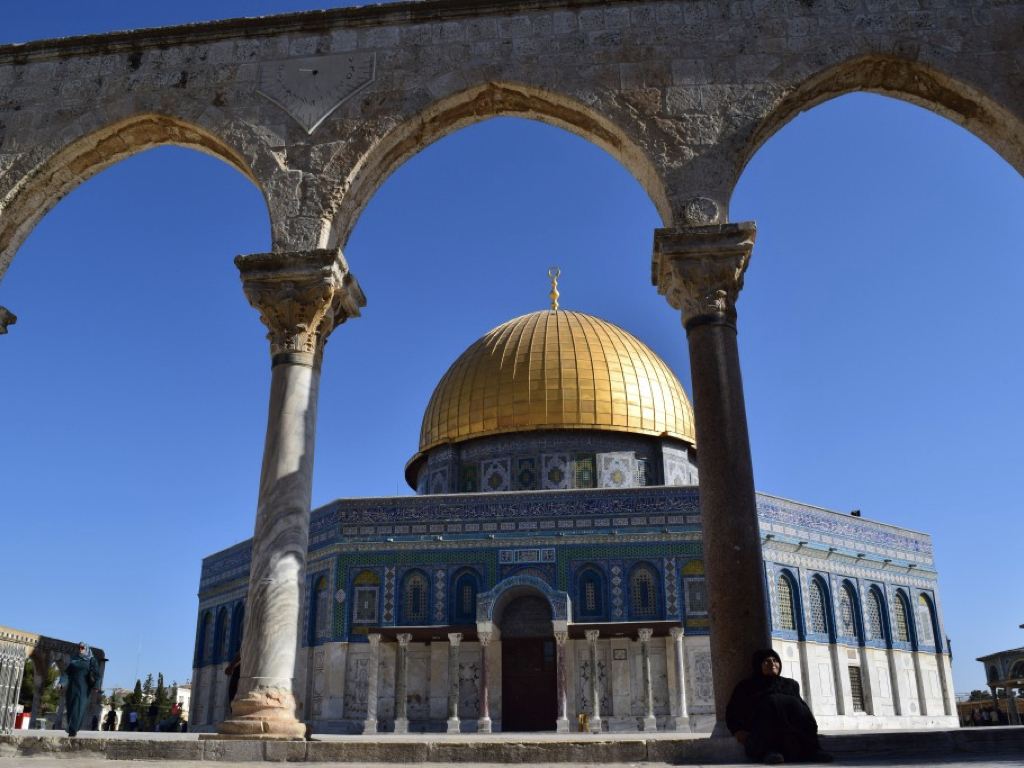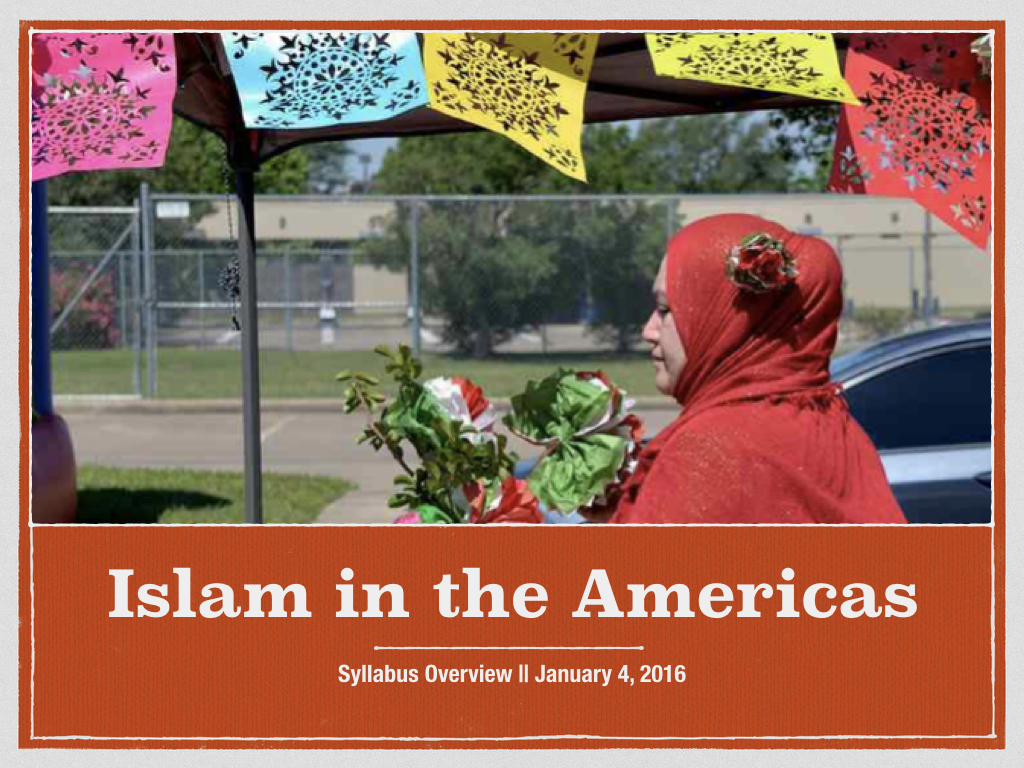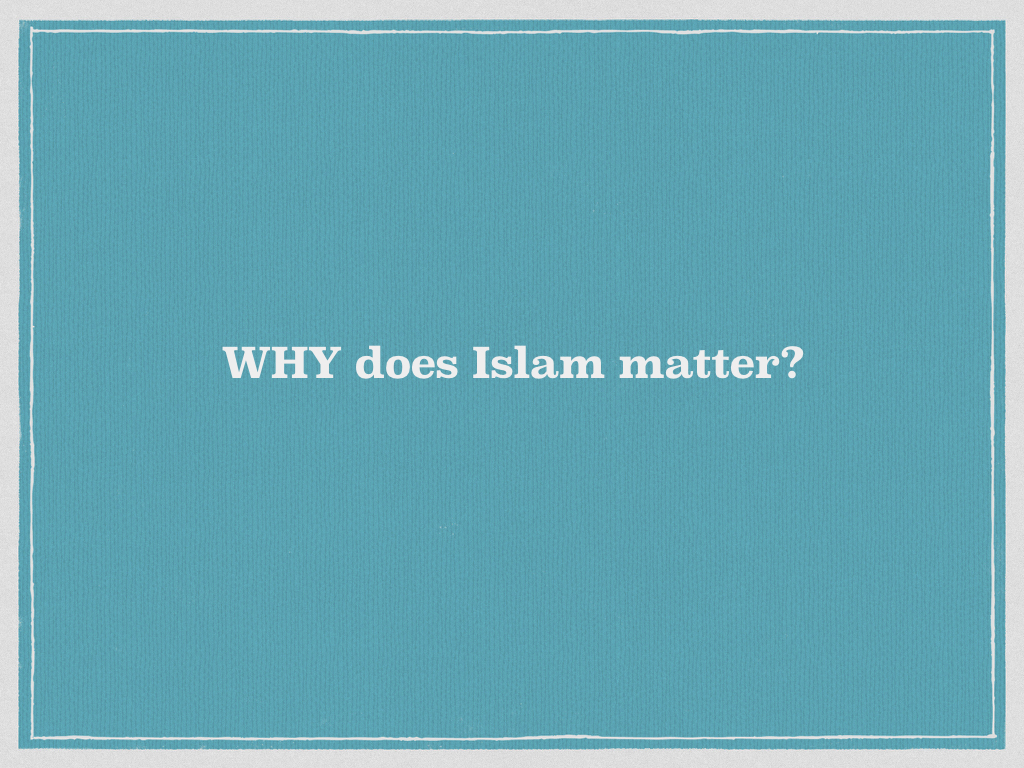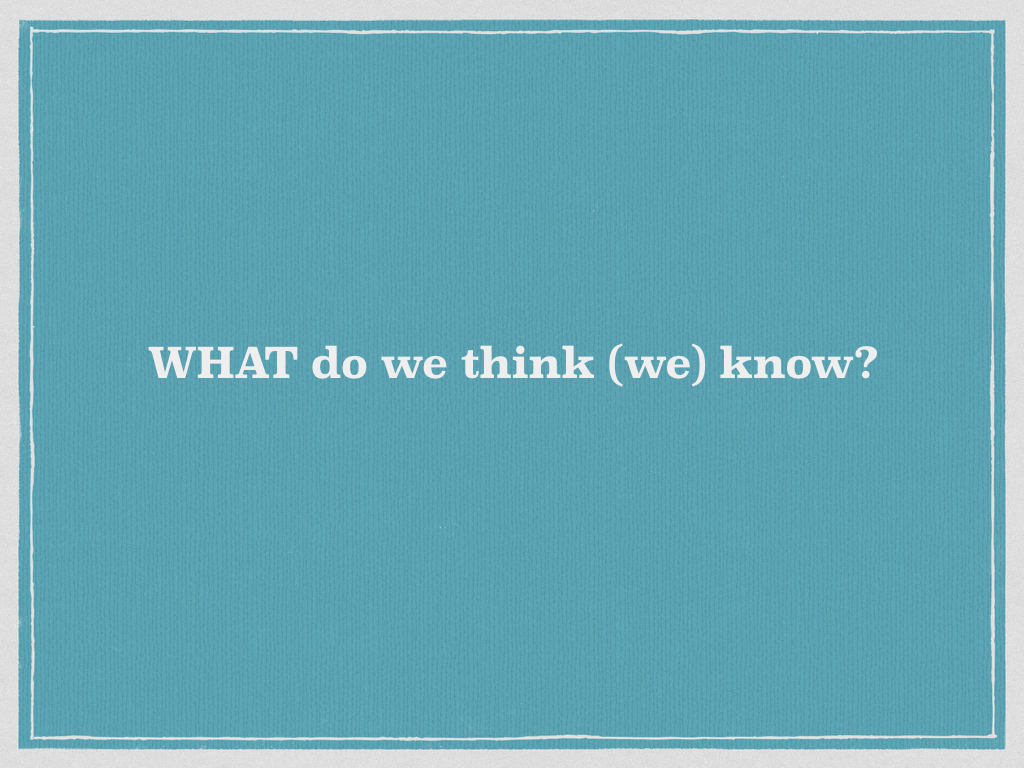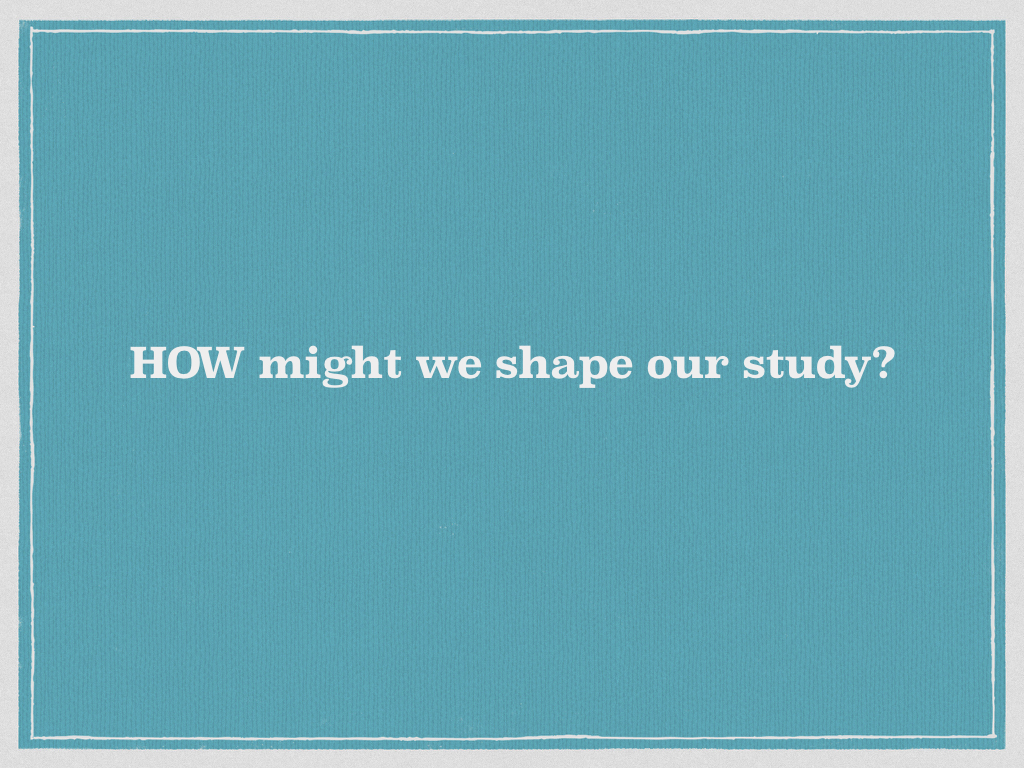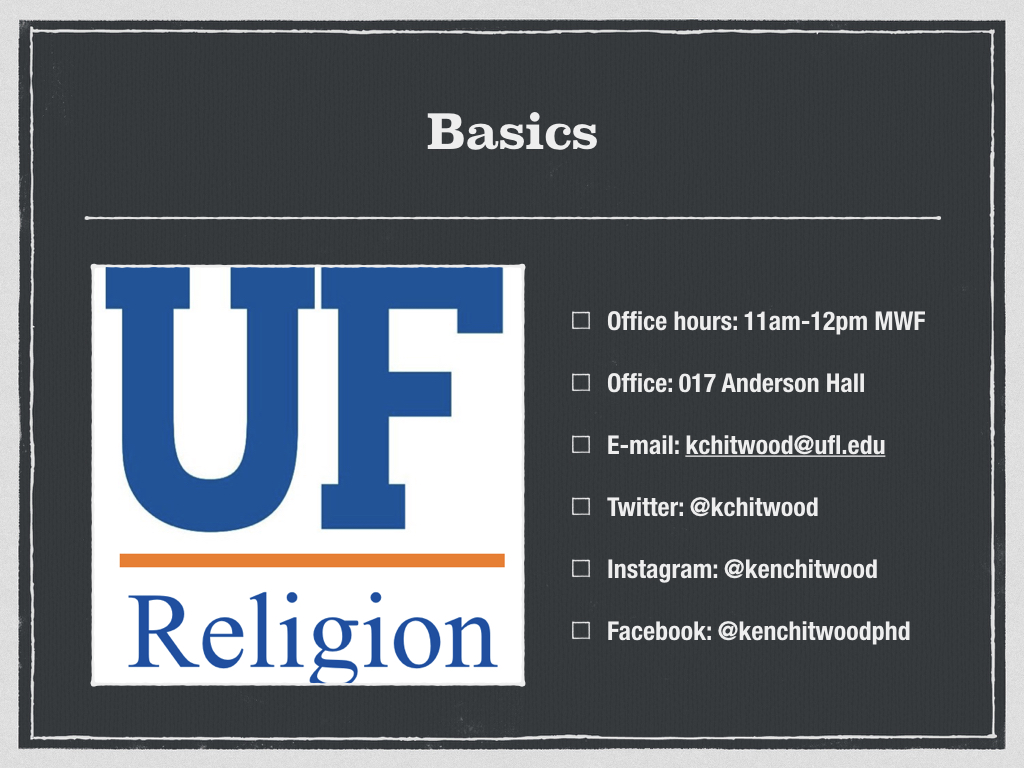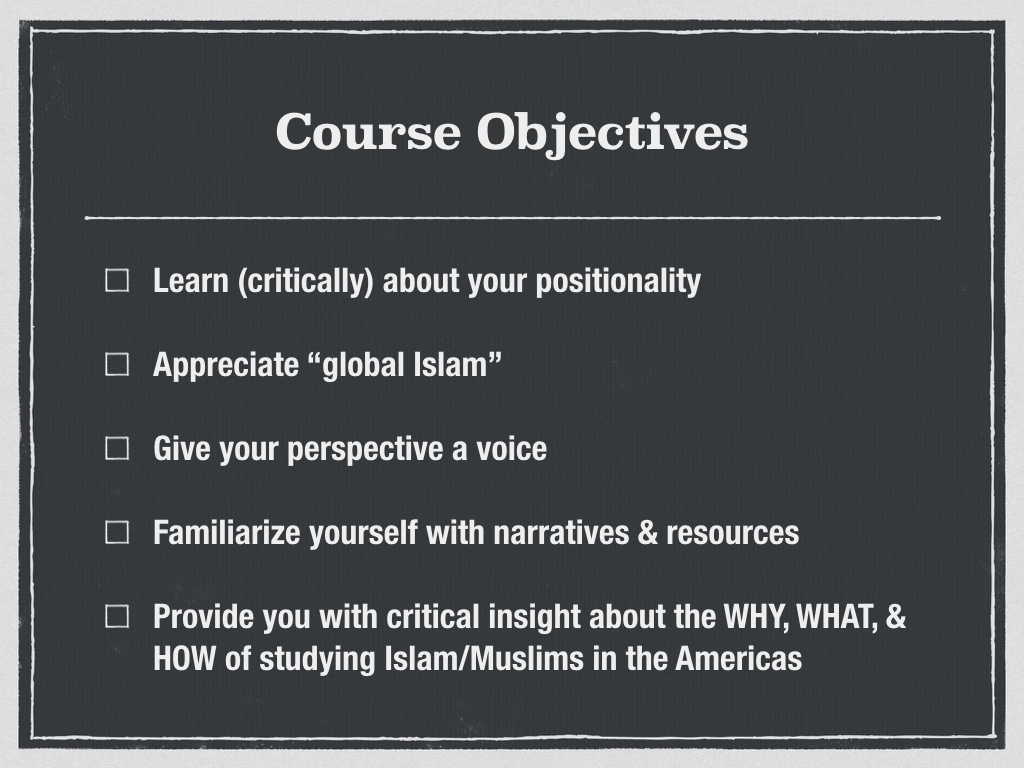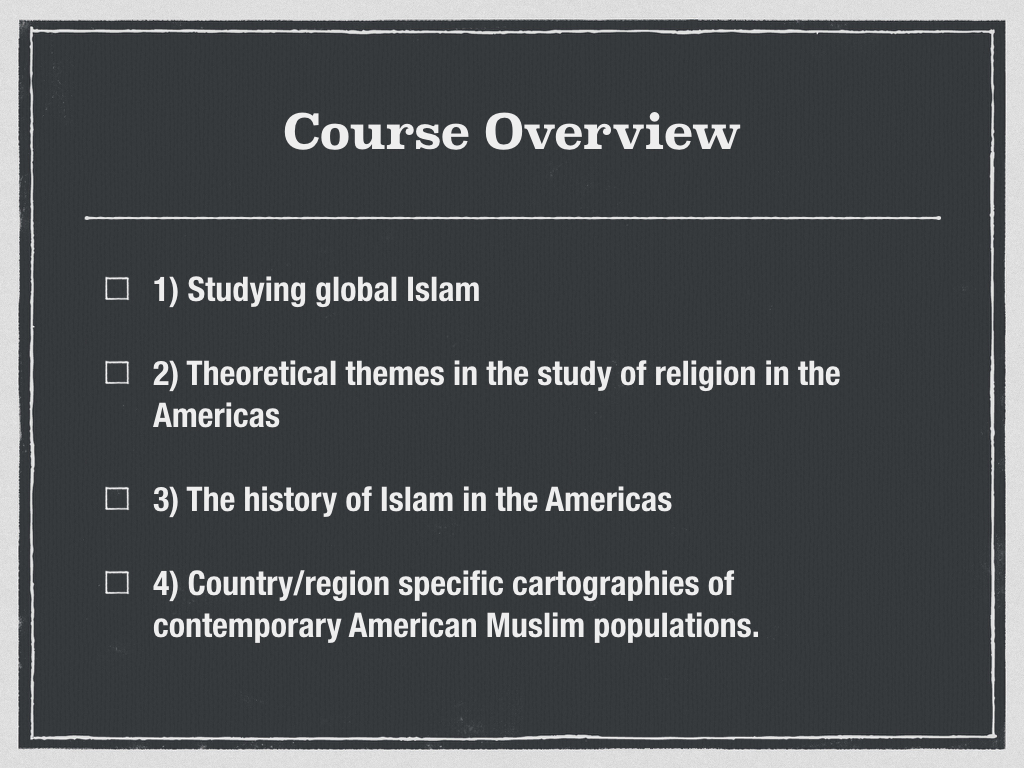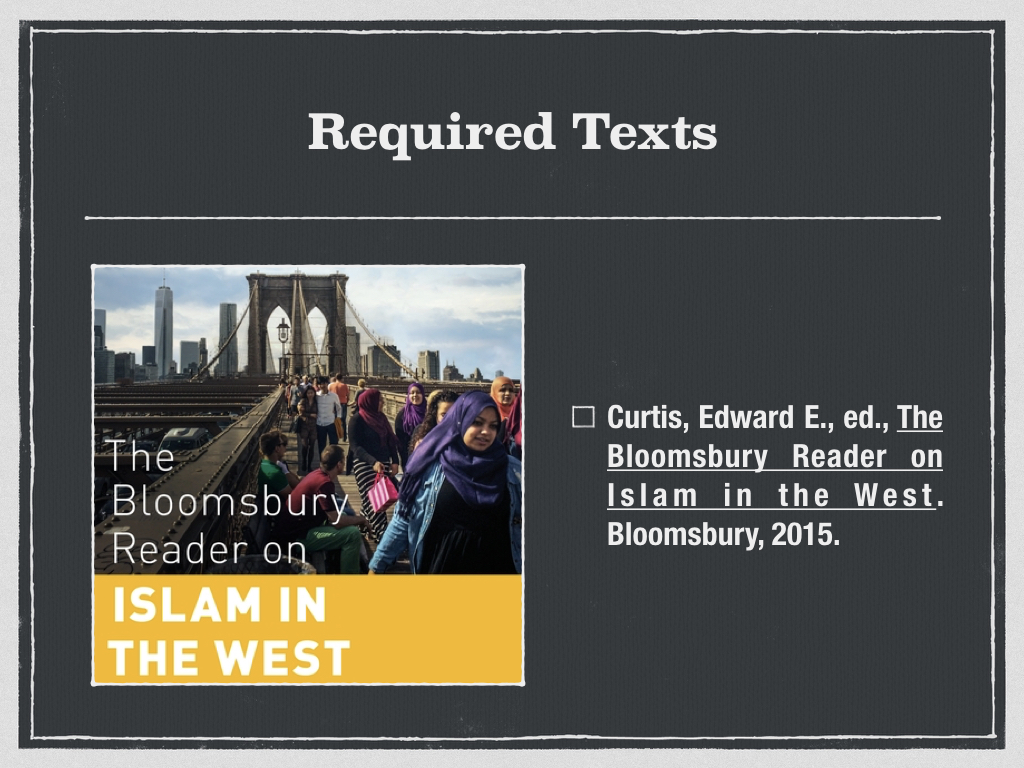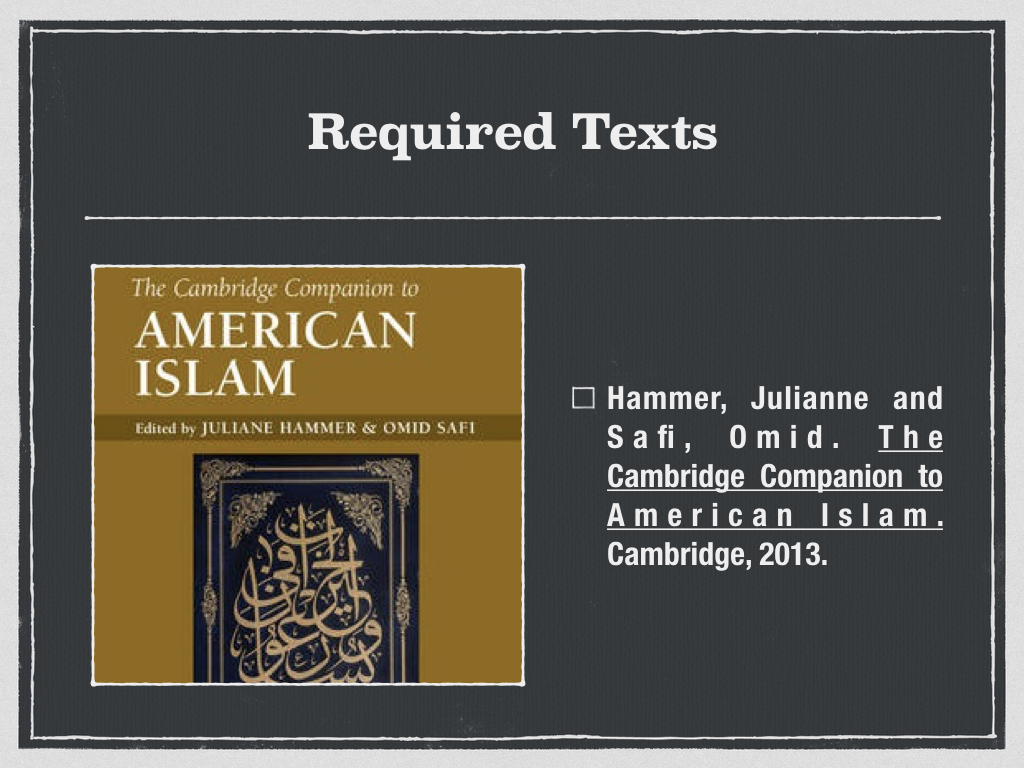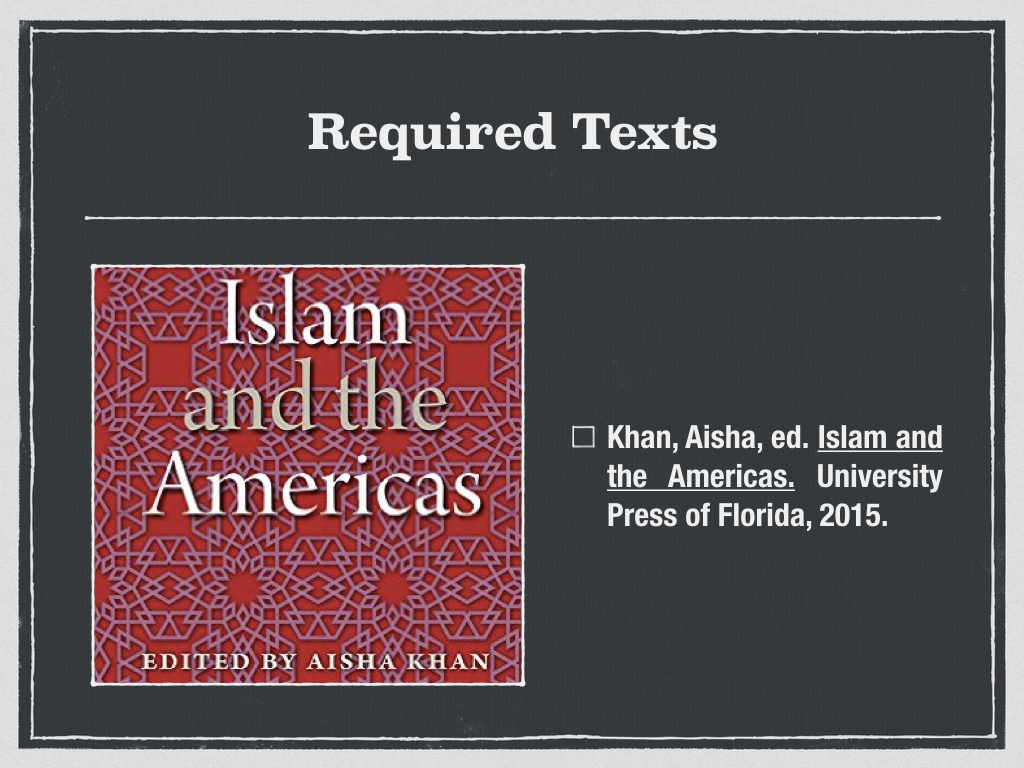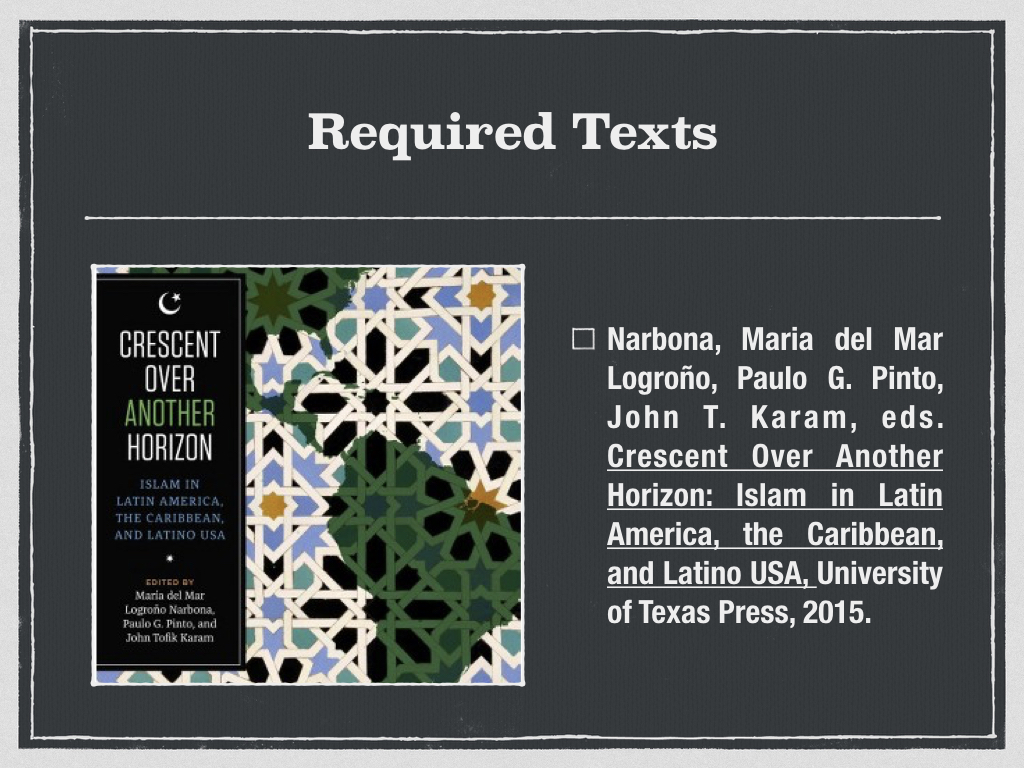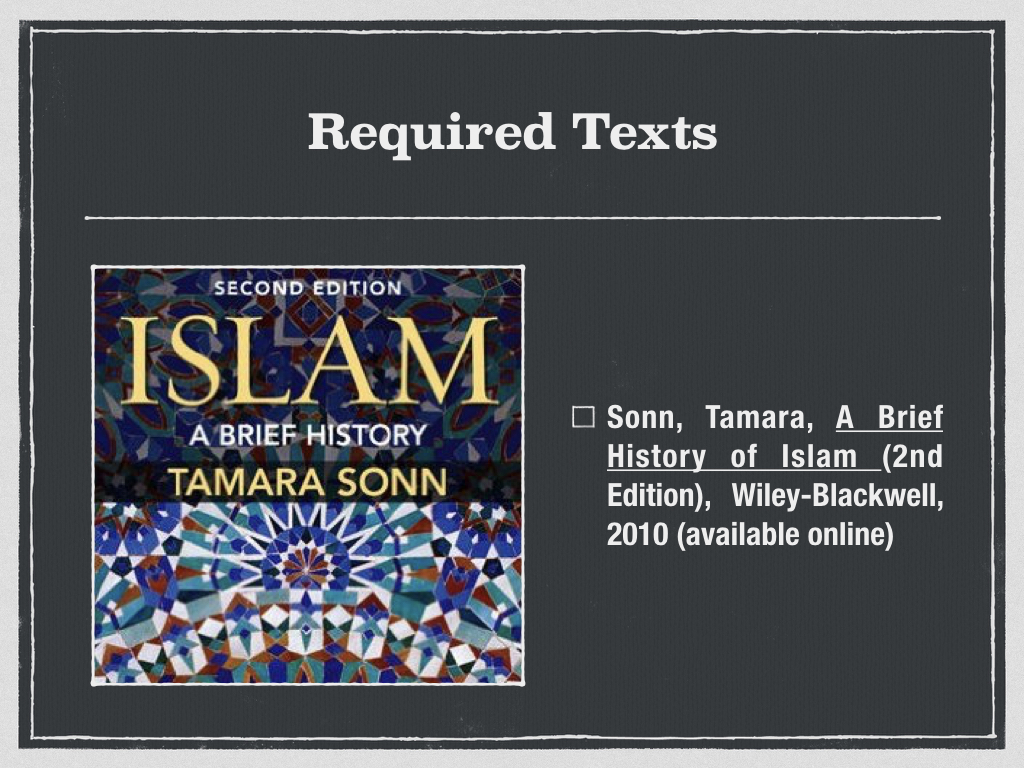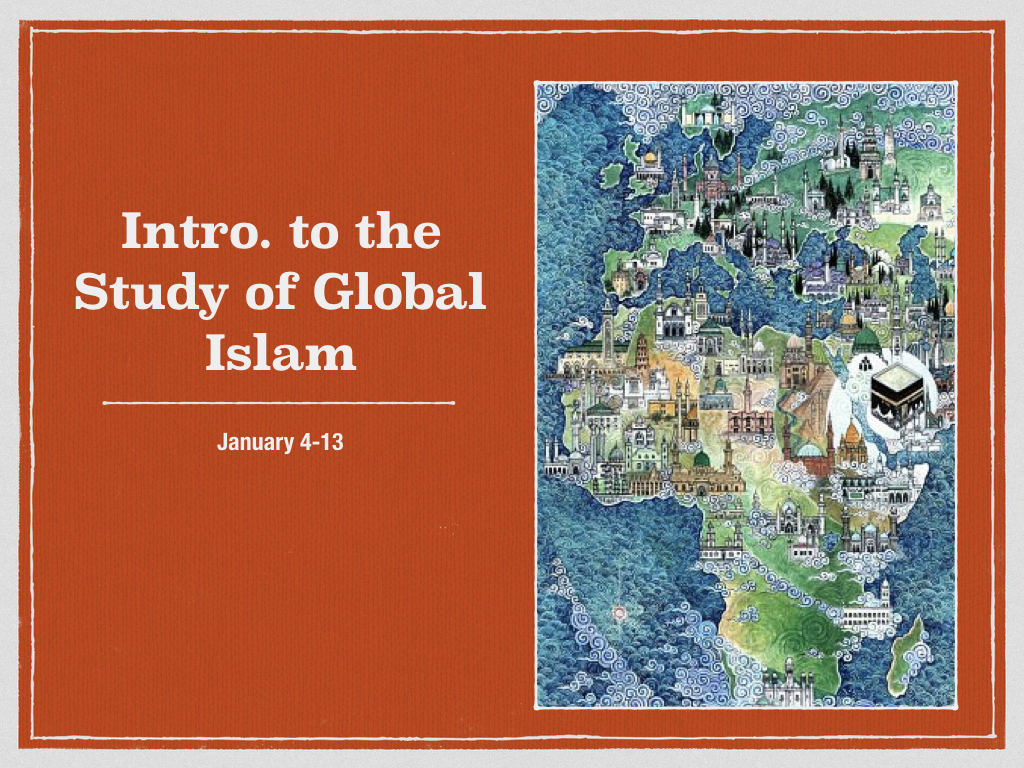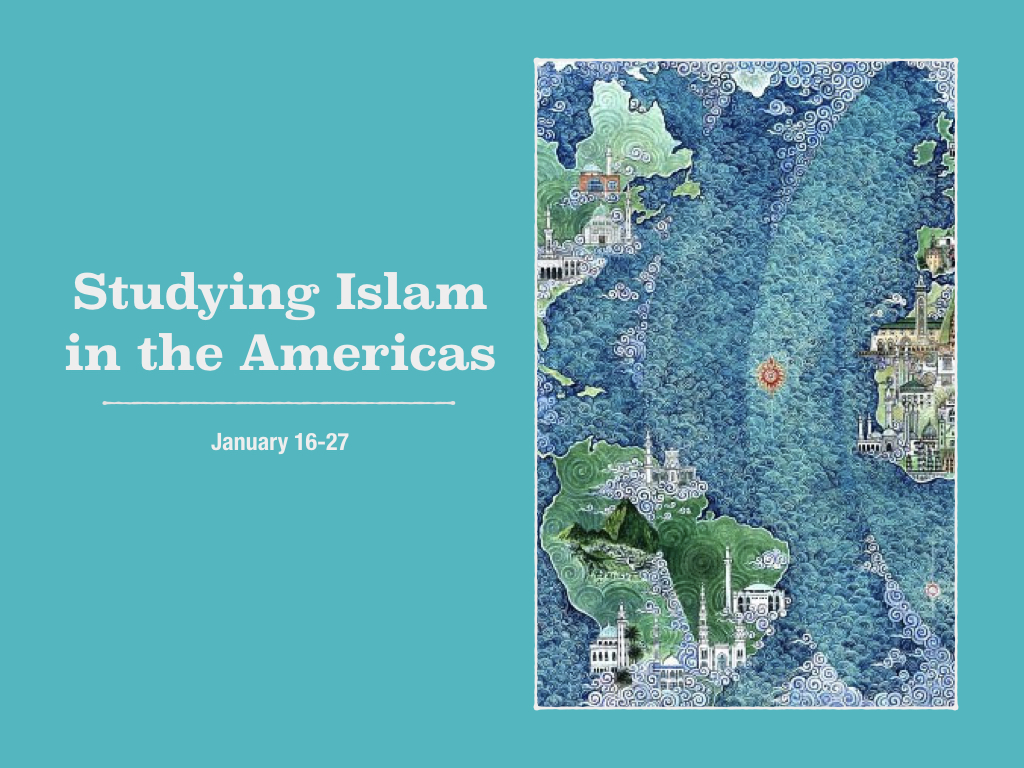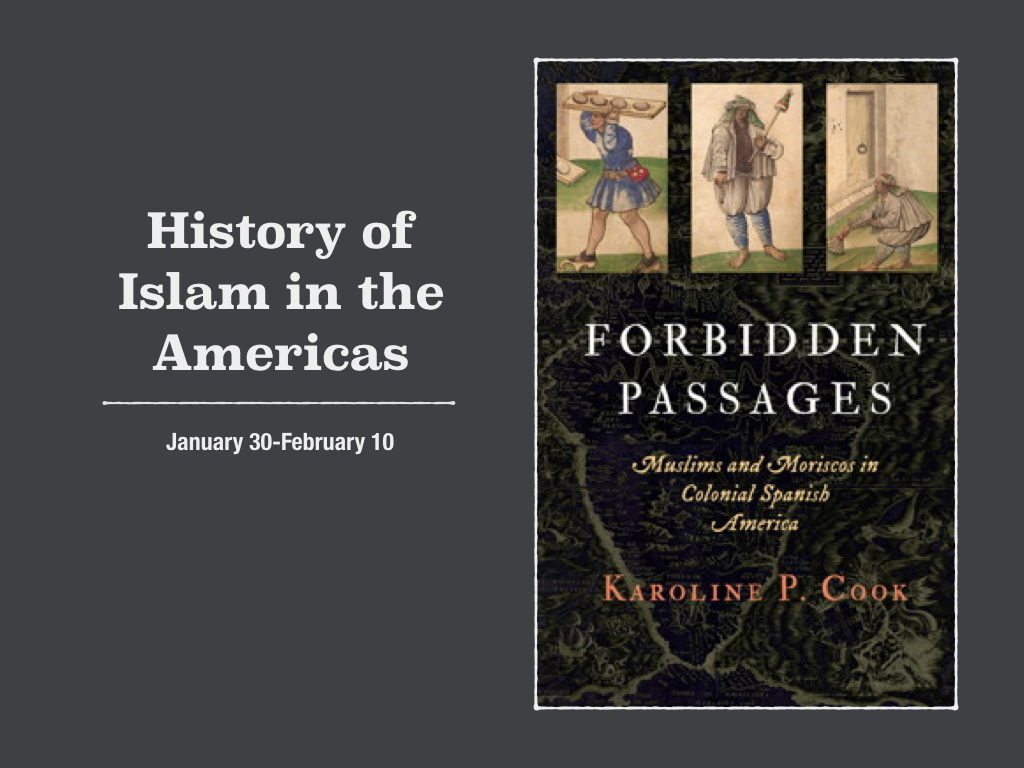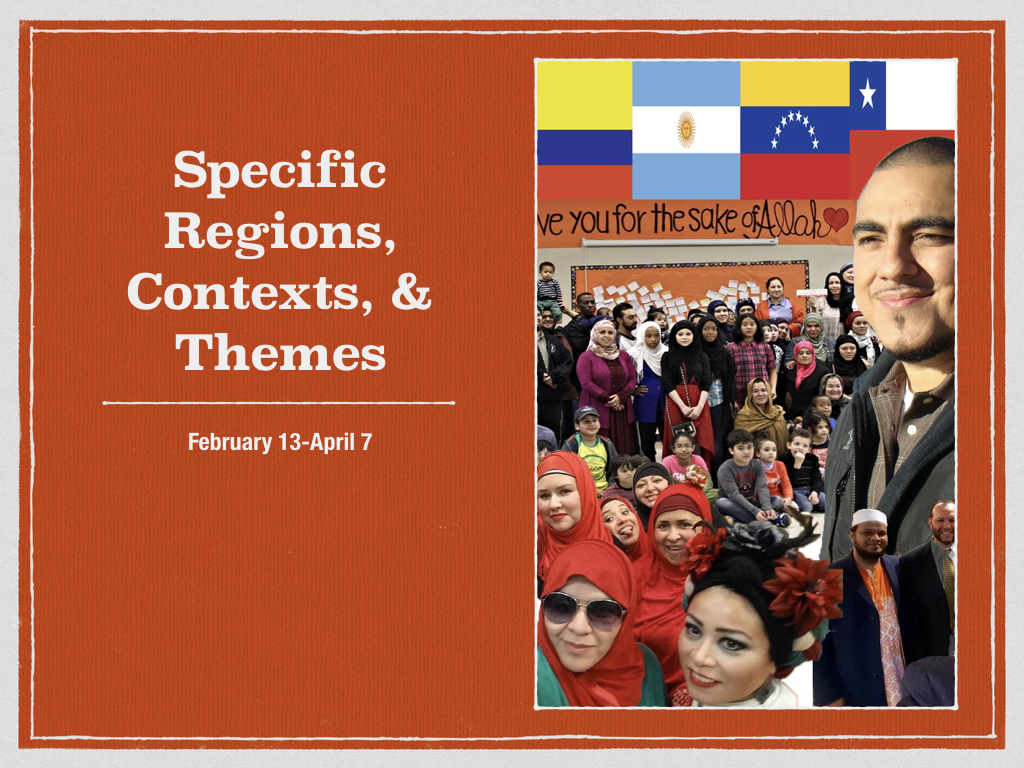Another student learned about the various motivations that Muslim women have for choosing to veil in public. They wrote, "I think it is important for others to know this because the stereotypes of an oppressive Islam cause people to dislike Islam and cause them to create a largely negative image of Islam...I think if people knew the reasons that Muslim women chose to veil and how these women felt about it, some of this negativity surrounding Islam would disappear. I think it is important for people to be knowledgeable of ["women in Islam"] because it helps them create their own opinions of Islam based off of more than what they hear in the news."
There was some humor as well as one student quipped, "if you thought the name Muhammad was not popular before, think again!"
Lightness aside, other students discussed how their stereotypes about women in Islam, violence and jihad, and the modernization and Westernization of Islam were flipped on their heads or given new context and meaning. Overwhelmingly, students identified 9/11 as the key prism through which they had previously known Islam and Muslims and also set it aside as the centrifugal moment in contemporary global history. They recognized that the way the world sees Islam and Muslims -- while certainly influenced by historical perspectives and stereotypes -- is largely shaped by 9/11 and the subsequent "War on Terror." Not only that, but students appreciated how the media, government policies, and cultural tropes have seriously warped our understanding of what Islam is and is not and how Muslims live, act, and think across the globe.
Reflecting on the current cultural and political climate one student said, "we shouldn’t treat Muslims as foreigners or people following an evil, alien culture. They aren’t so different from the average person you might meet on the street."
These gleanings were also reflected in their final projects. Students shared their opinions and analyses on a variety of topics including the #MosqueMeToo movement, Islam and Muslim communities in Africa, and the parallels and dissimilarities between Zen Buddhist traditions and Sufi mystic beliefs and practices. We took the semester to help students develop their project from idea to thesis, outline to draft, and draft to final copy and were rewarded with fine-tuned arguments, clear perspectives, and in-depth analyses.
In the coming weeks, I hope to publish a couple of these pieces and to share with you some of the things that students passed on to me. These projects reflect the ongoing need for individuals, teachers, and students in educational institutions and in the public sphere to commit themselves to learning about religion -- Islam or otherwise. These projects also reflect how even in the course of six weeks a student's understanding of the world can not only change but come to be expressed eloquently and shared widely with others.
Indeed, in a time of increasingly negative rhetoric around the topic of Islam and Muslims, it is heartening to know that education -- whether in-person, experiential, or via online portals -- can help counter stereotypes and reverse negative opinions.
My experience with this course reinforces something I recently read in the article, “Muslims Love Jesus, Too? Corrective Information Alters Prejudices Against Islam.” In this article, researchers in Germany found that "opinions towards Islam were largely negative at baseline but improved significantly after [the] presentation of the correct answers." Furthermore, they wrote that this "suggests that prejudices against Islam are partially fueled by knowledge gaps."
As a lifelong learner and educator, it is my passion to fill knowledge gaps -- those of my own and those of others. It was an honor to work with these students over the last month-and-a-half to fill gaps and enhance their knowledge about Islam and Muslims across the globe. I learned a lot as well and benefitted from their messages, corrections, challenges, questions, and one-on-one conversations about their projects, their struggles, and their inquiries.
Educators concerned with religious literacy should take heart that their instruction can, and does, work. It can have a positive impact. It can -- in small and large ways -- change the world.
Systems are unjust, broader forces may be malevolent, and the world may be chaotic; but teaching others, filling knowledge gaps, and engaging in important conversations about Islam and Muslims can play a crucial role in bringing justice, goodness, and kindness to bear in our world.
At least that's what I learned this summer teaching "Introduction to Islam" online.

